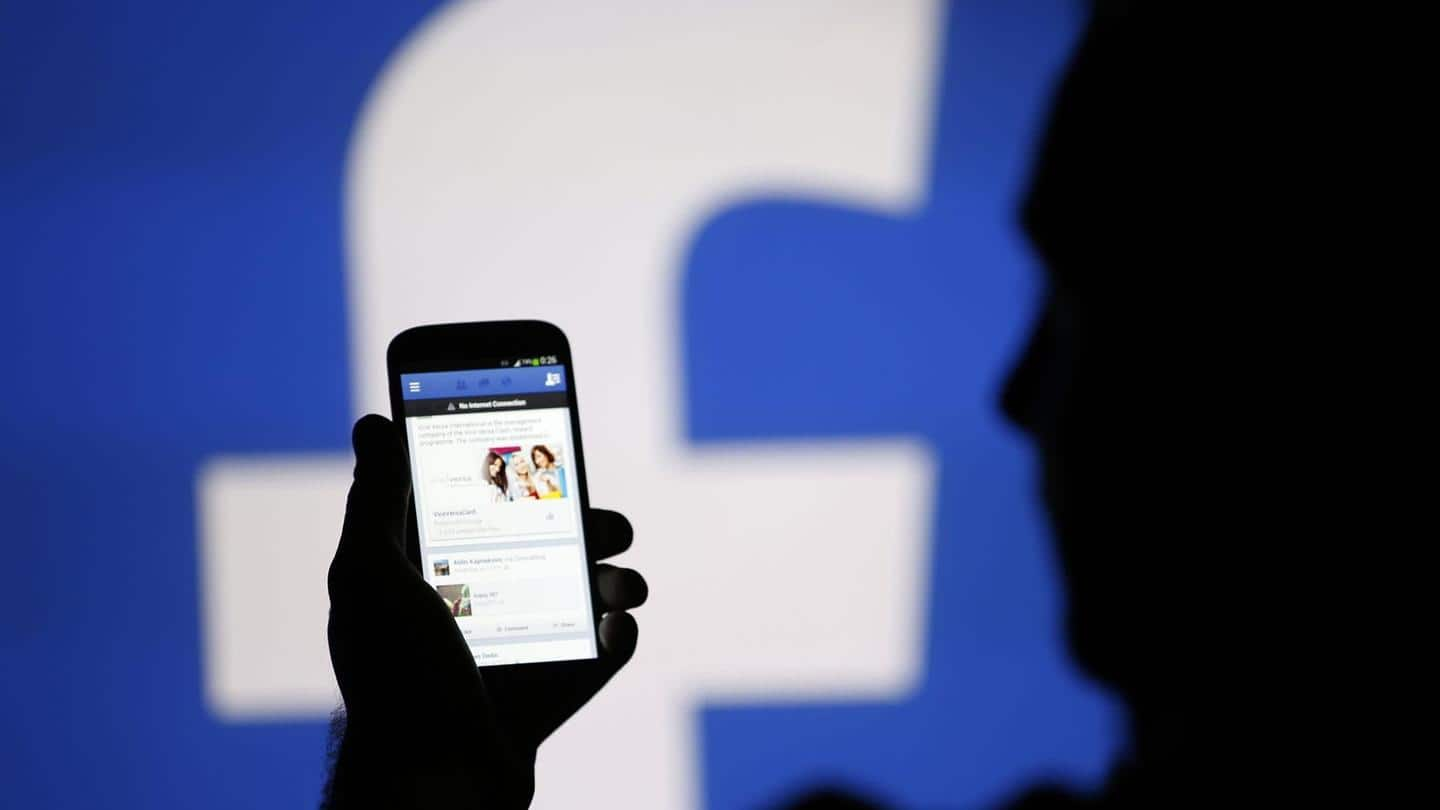
Here's why brands are boycotting Facebook advertising
What's the story
A string of brands has committed to an advertising boycott on social media platform Facebook, which has been facing criticism over its handling of misinformation and hate speech.
Popular brands such as North Face, Upwork, and Patagonia, are among those that have joined the boycott, announced by a group of six civil rights groups last week.
Here are more details.
Campaign
'Stop Hate for Profit' campaign was launched last week
Six civil rights groups—including the NAACP and Anti-Defamation League—launched the 'Stop Hate for Profit' campaign on June 17.
The campaign calls upon large companies to halt advertising with Facebook, at least through July, as the social media platform doesn't stop "bad actors using the platform to do harm."
The campaign says, "Your profits will never be worth promoting hate, bigotry, racism, antisemitism, and violence."
Boycott
Brands join campaign to boycott Facebook advertising
North Face is the biggest brand yet to have joined the campaign, tweeting "We're in," on Friday. However, it has not committed to pulling ads on Facebook-owned Instagram.
The same day, outdoor apparel store REI announced its commitment to the advertising boycott of both Facebook and Instagram for July.
On July 21, Patagonia announced it will pull ads on Facebook and Instagram effective immediately.
Quote
'Facebook failed to act against hateful lies, dangerous propaganda'
In a statement, Patagonia said, "For too long, Facebook has failed to take sufficient steps to stop the spread of hateful lies and dangerous propaganda on its platform."
It added, "From secure elections to a global pandemic to racial justice, the stakes are too high to sit back and let the company continue to be complicit in spreading disinformation and fomenting fear and hatred."
Information
Upwork, Talkspace among other brands joined boycott
Thus far, freelancing platform Upwork, outsourcing service Higher Ring, online therapy start-up Talkspace, among others, have committed to the campaign. Notably, Facebook generated $69.7 billion from advertising last year, making it the second-largest digital marketer after Google.
Backstory
Facebook faced criticism after refusing to fact-check Trump's tweets
As conversations around misinformation grew stronger amid anti-racism protests around the world, Facebook has faced criticism, even from its own employees.
The social media platform was called out after CEO Mark Zuckerberg refused to fact-check a series of posts posted by United States President Donald Trump.
Zuckerberg had said that social media platforms should not be "arbiters of truth."